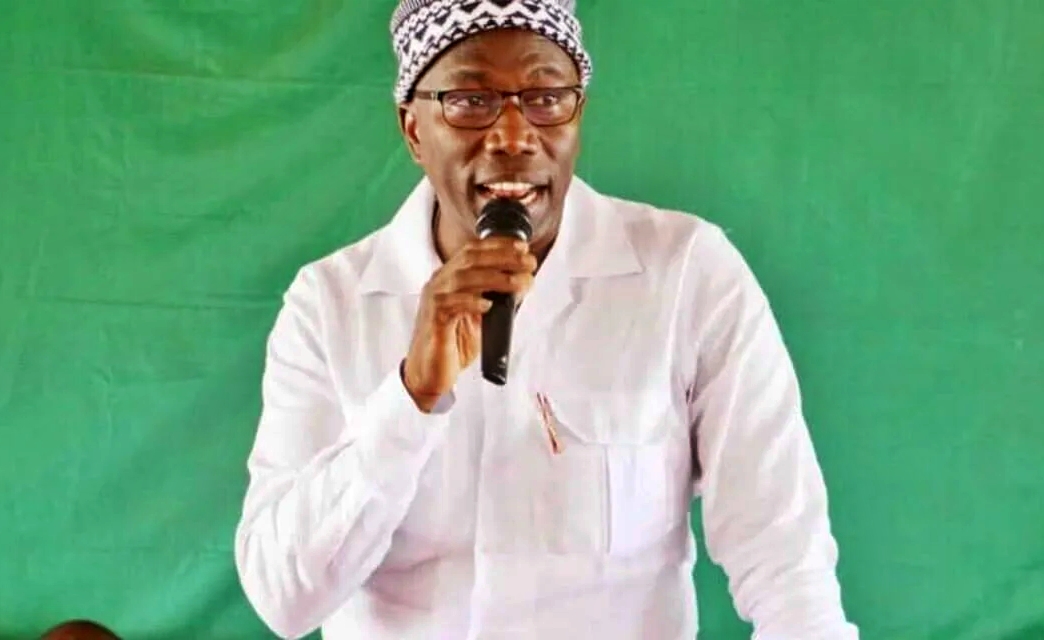Gambiaj.com – (BANJUL, The Gambia) – The African Party for the Independence of Guinea and Cape Verde (PAIGC) and its coalition Plataforma Aliança Inclusiva (PAI) – Terra Ranka have denounced the Supreme Court of Justice’s (STJ) decision to exclude their candidate, Domingos Simões Pereira, from the November 23 presidential elections, describing it as inconsistent, unlawful, and politically motivated.
Speaking at a press conference in Bissau on Thursday, October 16, the spokesperson for the PAIGC’s Collective of Lawyers, Luís Peti, argued that the party and coalition had fulfilled all legal formalities and therefore had every right to participate in the electoral process.
According to Peti, the Supreme Court’s claim that Domingos Simões Pereira is not supported by a legitimate political coalition “is not correct, because the Court is contradicting its own rulings, applying one interpretation in our case and another when it comes to other candidates.”
He added that while PAI Terra-Ranka’s candidacy was rejected without formal notification, six other candidates had been accepted despite presenting questionable party endorsements.
The controversy deepened after the Supreme Court announced on Tuesday that Pereira’s candidacy was excluded on the grounds that PAI Terra-Ranka lacked legal legitimacy to sponsor him, as the PAIGC did not contest the last legislative elections independently. The Court described its decision as final and without appeal.
Domingos Simões Pereira, however, rejected both the legitimacy and the procedure of the ruling. In an interview with RFI, the PAIGC leader argued that the announcement was made without a formal plenary session of the Court and that he had not received any official notification. “What we know is that decisions should be made in plenary session and officially published. That didn’t happen,” he said.
The opposition leader also criticized the Court’s unusual reliance on press conferences instead of official notifications. “I met all legal requirements, including identification, criminal record, and voter registration. I ran in 2019 with the same documents. Nothing has changed,” he stated.
Pereira warned that if the judicial path is blocked, the political route remains open: “If the door to justice is closed to us, the door to politics will remain open, and we will speak to the Guinean people to demand respect for our rights and freedoms.”
He further accused the Court of selective focus, pointing out that while his coalition’s complaints and appeals remain unanswered, the candidacy of Prime Minister Nuno Gomes Nabiam and his party APU-PDGB had been processed with unusual urgency.
The PAIGC maintains that the published candidate list remains provisional until a plenary session of the Supreme Court reviews all pending complaints.
Pereira insisted that his exclusion is not final and reaffirmed his commitment to represent the coalition, describing PAIGC and PAI Terra-Ranka as “beacons of hope for many Guineans.”
Attempts by RFI to obtain further clarification from Supreme Court spokesperson Mamadu Embaló were referred to the Court’s October 14 press conference in Bissau.










